SDSN USA’s Zero Hunger Working Group brought together a cross-disciplinary group of experts on hunger and nutrition on Monday, March 29 for the Zero Hunger Pathways Project Dialogue 1: Improving Health and Nutrition Outcomes through SNAP. This dialogue was the first in a series of conversations focusing on barriers and opportunities to achieve Zero Hunger in the United States, in line with the United Nations Sustainable Development Goals. This project seeks to find solutions to hunger in the U.S. that are healthy, equitable, and sustainable, and through this open discussion with experts and stakeholders, a list of recommendations for SNAP improvements was discussed in detail, with new sources to consider and refinements proposed. Moving forward, the group plans to engage with federal policymakers and practitioners while the issue of hunger is at the forefront of the COVID-recovery planning process.
The event kicked off with an overview of the program from Asma Lateef, Policy and Advocacy Lead (agriculture) at the SDG 2 Advocacy Hub and co-chair of SDSN USA’s Zero Hunger Working Group. Then, Jeff Sachs, SDSN President and University Professor at Columbia University, addressed the unique opportunity this project has to be actionable in the context of a recent change in federal administration and a social and political terrain that has been irreversibly impacted by the COVID-19 pandemic. The past several decades have seen a lack of action and neglect on food security and health and nutrition, only exacerbated by the COVID-19 pandemic, which left more than 50 million experiencing food insecurity in 2020 and increased disparities in food access and underlying food-related health issues. Now more than ever, we need to find practical approaches to end hunger and improve nutrition simultaneously. Chris Barrett, an international professor of agriculture at Cornell University, gave a brief overview of the draft SNAP Recommendations created by the working group, noting this was a preliminary list, and encouraged an open exchange of ideas and information over the course of the dialogue.
Over 50 participants participated in the dialogue to give their input on the recommendations, demonstrating a depth of interest in this topic from SDSN USA network and partners. In breakout rooms corresponding to the six draft recommendations, participants shared their perspectives and knowledge in order to collect the best evidence possible for policy recommendations surrounding SNAP. Two of the six breakouts had the largest interest from attendees: Review & Update Eligibility & Participation, and Improve Nutrition Incentives. Though there were points of contention, this dialogue was meant to bring together a community that is like minded in its desire to improve federal food assistance programs and bring forward the best available research, in order to strengthen the evidence for these recommendations, analyze the tradeoffs across these points, and prioritize and modify recommendations in order to make the biggest difference to the lives of people in need in the short term. Dialogue participants were invited to add comments and suggestions to the recommendations list and via a follow-up poll by Friday, April 2.
For further information on the dialogue, check out our comprehensive notes document and accompanying collection of references shared by participants.
Next steps:
Zero Hunger Pathways Project Dialogue 2: What is the state of hunger in the US? will be held on April 26 from 4:00 - 6:00 PM EDT.
Keep up-to-date on our events at www.sdsnusa.org/events, follow us on Twitter and LinkedIn or join our mailing list for regular updates!
Please reach out to usa@unsdsn.org if you are interested in engaging on the Working Group recommendations list, or with any comments or questions about the initiative.

